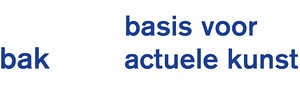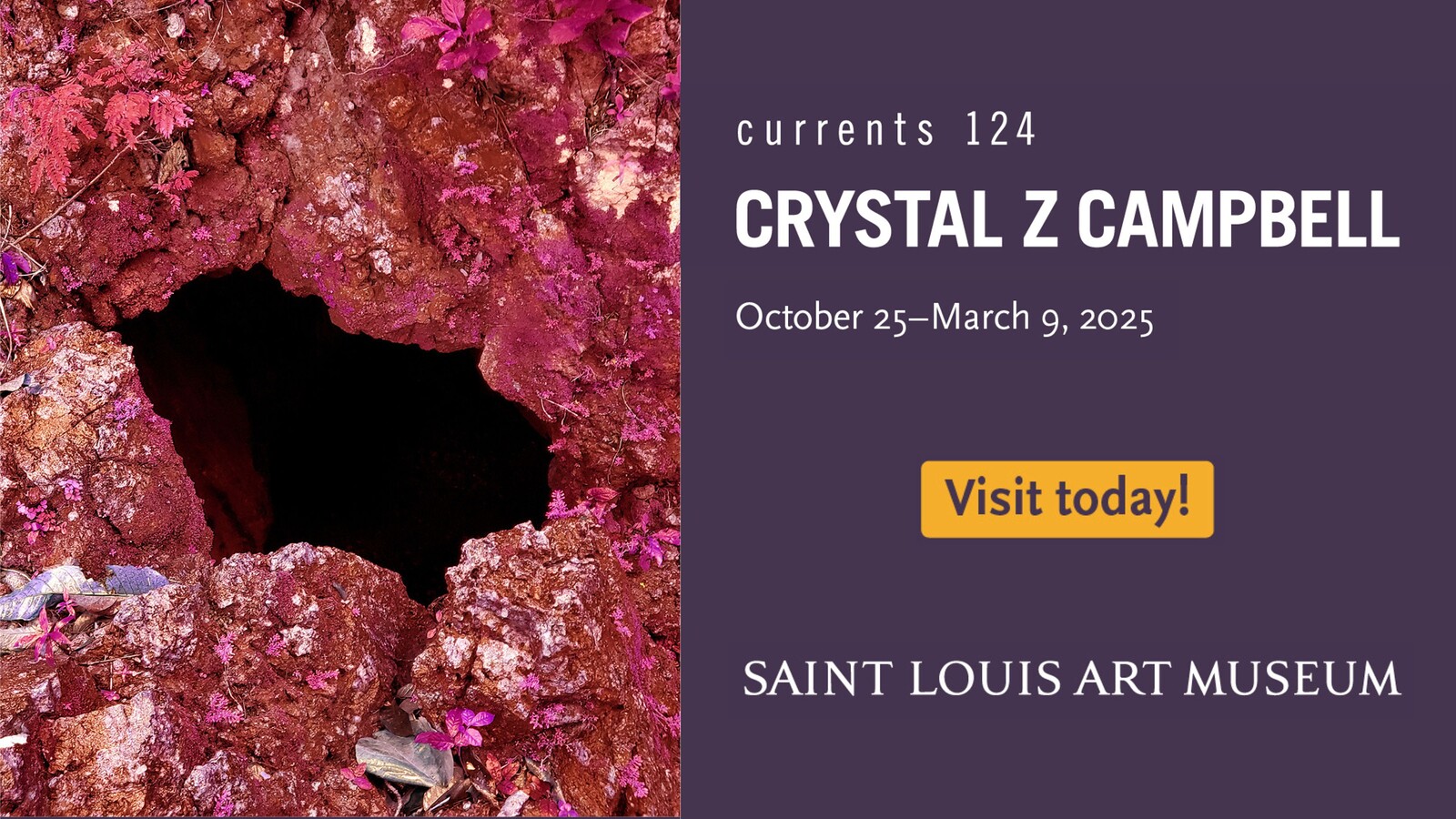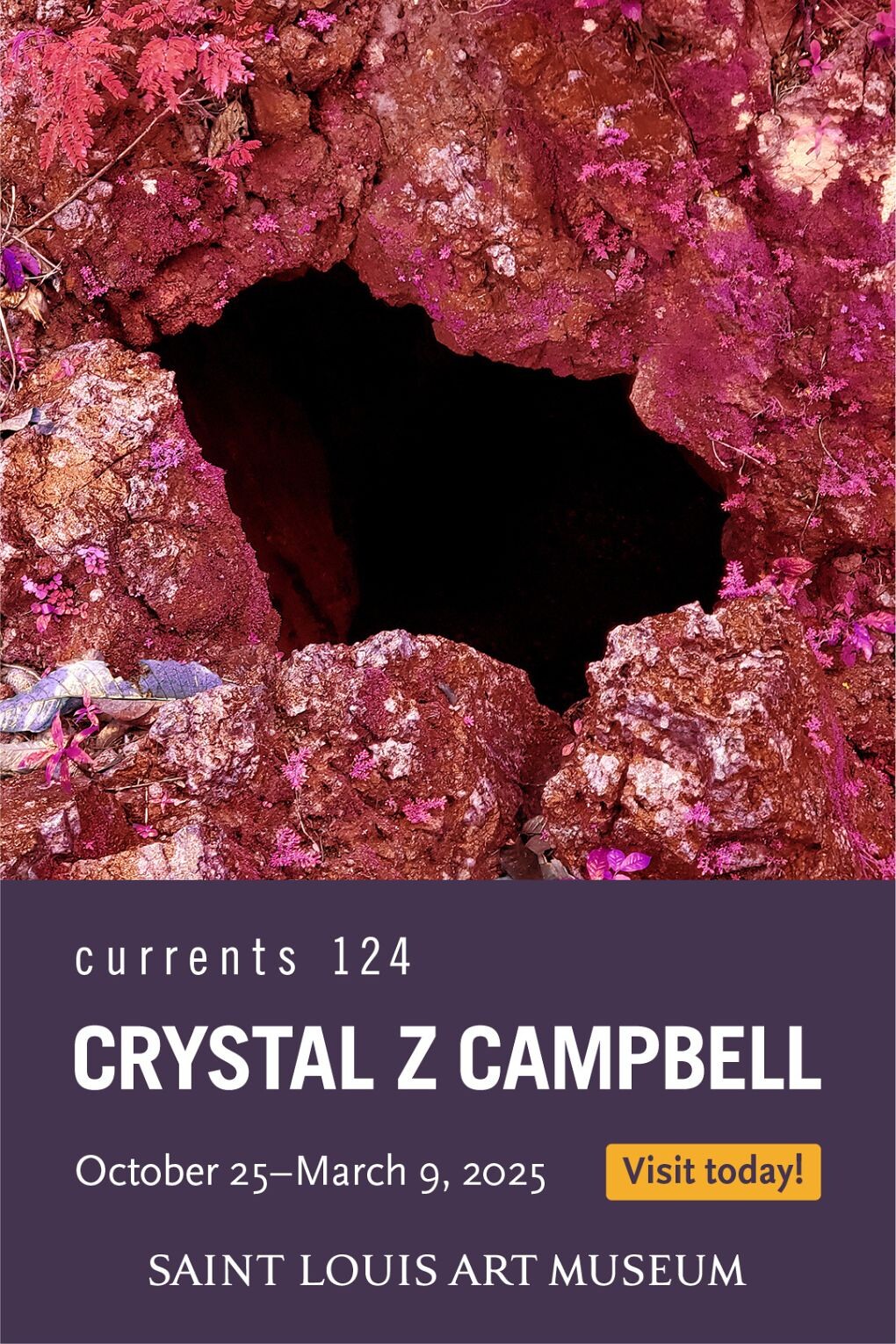Englishes
September 24–November 20, 2016
Pauwstraat 13a
3512 TG Utrecht
The Netherlands
Hours: Wednesday–Sunday 12–6pm
T +31 30 231 6125
info@bakonline.org
BAK, basis voor actuele kunst, Utrecht is pleased to present Englishes, a solo exhibition by Nicoline van Harskamp. Since 2013, the artist’s work has been engaged with exploring the widespread use and modification of the English language by its non-native speakers. Englishes depicts the development of the plurality of spoken English that displaces the perceived position of primacy occupied by dominant strains of the language. The work addresses the political import of this linguistic development, pointing out how our use of language is consistently entrenched in structures of class and power. Challenging these connotations, van Harskamp proposes a dissolution of English into “Englishes,” co-opting it as a common and ever-growing linguistic resource. Englishes thus becomes a site of solidarity—be that through the expressivity of speech or by a claimed common right to edit.
The exhibition consists of a series of episodic films comprising interview, performance, and scripted fiction that explore the myriad variations of English spoken between people who do not have any other shared tongue. The episode Portrait of an Englishes Collector (2015) sees an amateur linguist conduct a telephone study of the “Englishes” spoken in the remotest corners of the globe. In another work, Darling Good Night (2016), people waiting for their residence permits in a very isolated part of Norway retell—in various “Englishes”—their “linguistic journeys” from their home countries to Europe. A propositional, commonly-shared language is further elaborated in Wer Mae Hao (2015), in which a group of children tell a story in an English constructed from their individual, self-made varieties.
A new short fiction film PDGN (2016) draws conclusions from previous strands of the project and puts forward an unlikely, but desirable, global link language. This predicted version of English, which may not sound like any language we know today, is partly automated by “PDGN software” designed specifically for this occasion. It is conceptualized with the help of software designers, Esperantists, recreational language inventors, and academics in fields such as creole studies, computational linguistics, and language evolution. PDGN is produced by BAK and realized with support from Centro Andaluz de Art Contemporáneo (CAAC), Sevilla. The artist wishes to remember Hashim Gmal, one of the generous contributors to this new work (Sudan 1983–Netherlands 2016).
Nicoline van Harskamp (Amsterdam) is an artist whose work considers acts of language and communication in relation to ideology and solidarity through video, installation, and scripted performance. Her previous projects include Yours in Solidarity (2011–13), which addressed the recent history of anarchism through an archive of correspondence. Her live work, including “Expressive Power Series” (2010) and English Forecast (2013) among others, has been staged at Tate Modern, London; Kunst-Werke, Berlin; New Museum, New York; and elsewhere.
Curator and writer Mihnea Mircan has been commissioned to write an essay on the occasion of Englishes, to be published online at bakonline.org. A public reading of the text by Mircan takes place on October 28 at BAK on the occasion of a Q&A with the artist and a number of invited experts, including software designer Ogaday Willers Moore of e-2.org, London.
Future Vocabularies/Instituting Otherwise/Englishes
The exhibition Englishes by Nicoline van Harskamp is part of Instituting Otherwise, a research, learning, exhibition, and publishing trajectory at BAK. The series is prompted by the desire to engage publically with the ideal of institutional creativity that would sync the operations of the infrastructure in general—and of the art infrastructure in particular—with the rapidly developing world that is enveloped in a series of concurrent crises. Instituting Otherwise is part of Future Vocabularies (2014–ongoing), a program of discursive, performative, and artistic propositions that aim at composing a speculative conceptual lexicon through which to think the future anew.
The activities of BAK have been made possible by financial support from the City Council of Utrecht and the Ministry of Education, Culture and Science of the Netherlands. The project Englishes is kindly supported by the K.F. Hein Fund, the Fentener van Vlissingen Fund, and the Mondriaan Fund.



